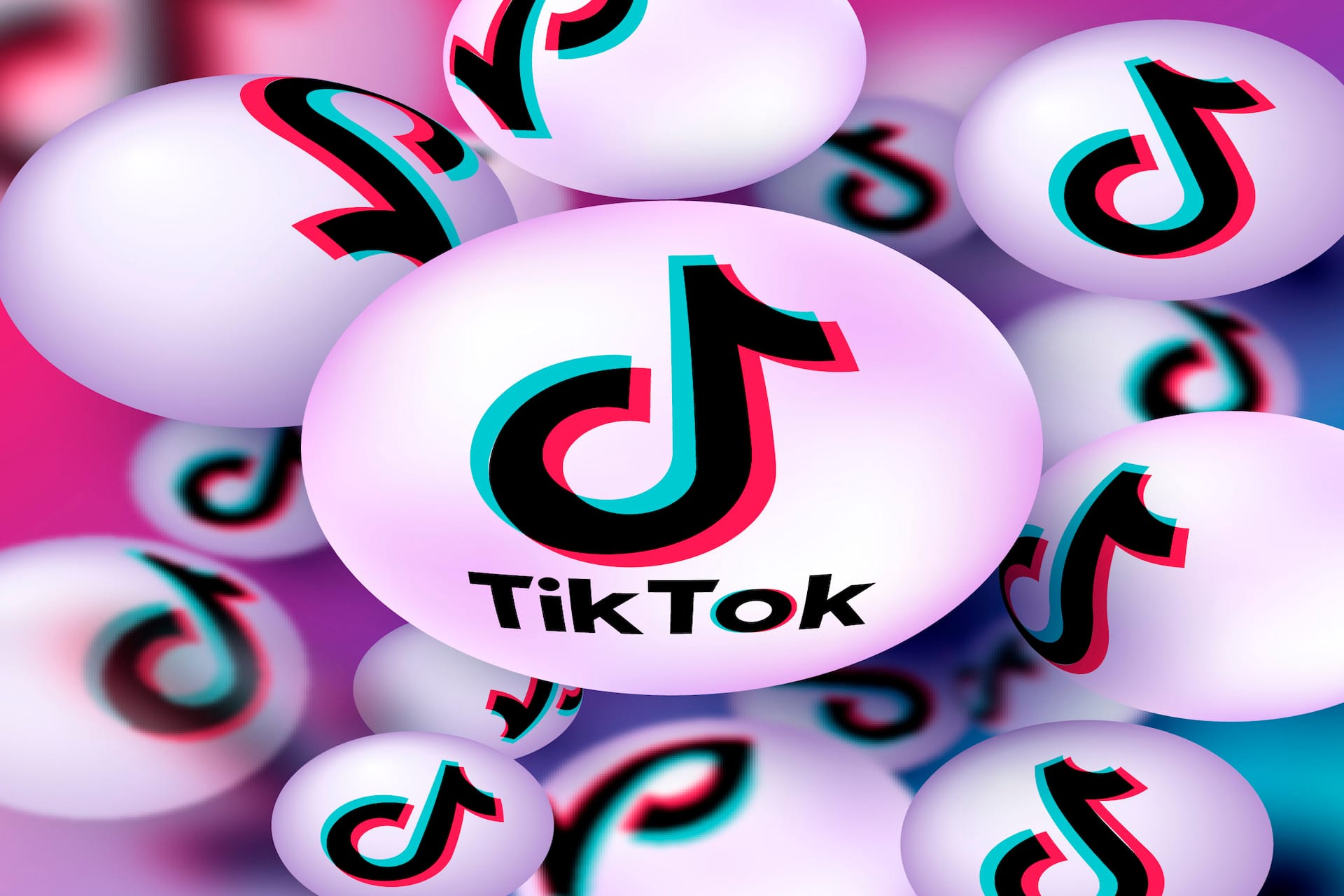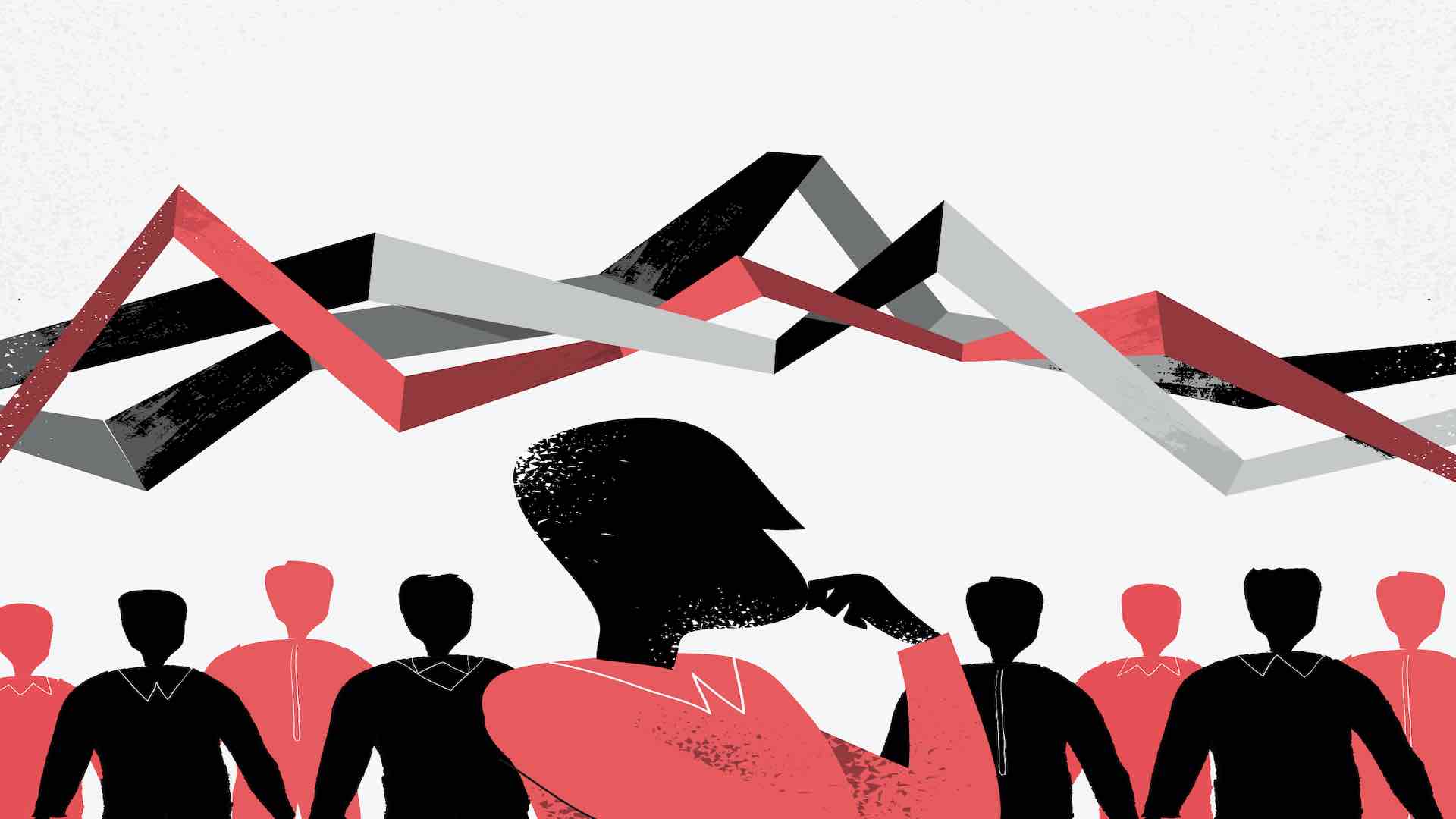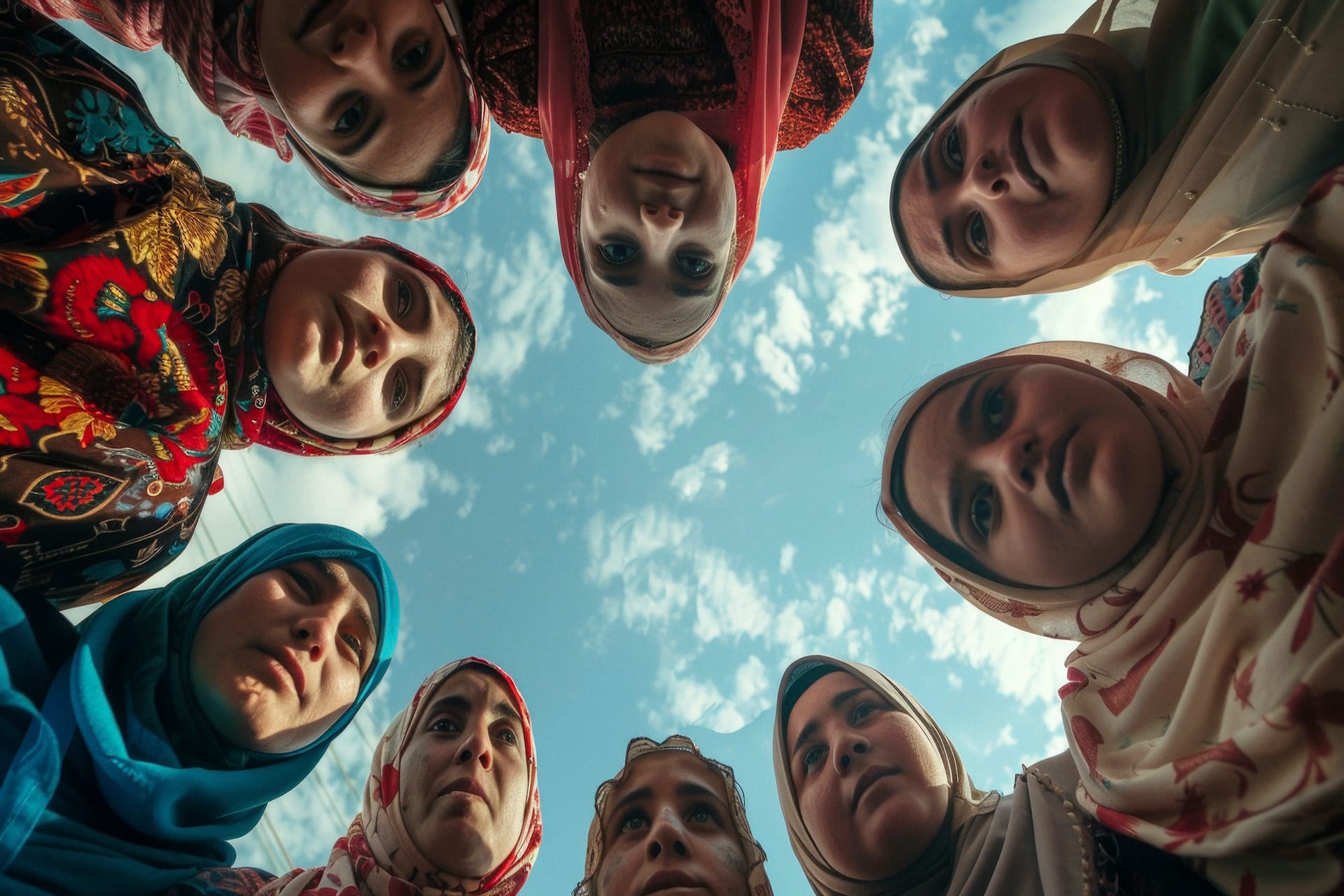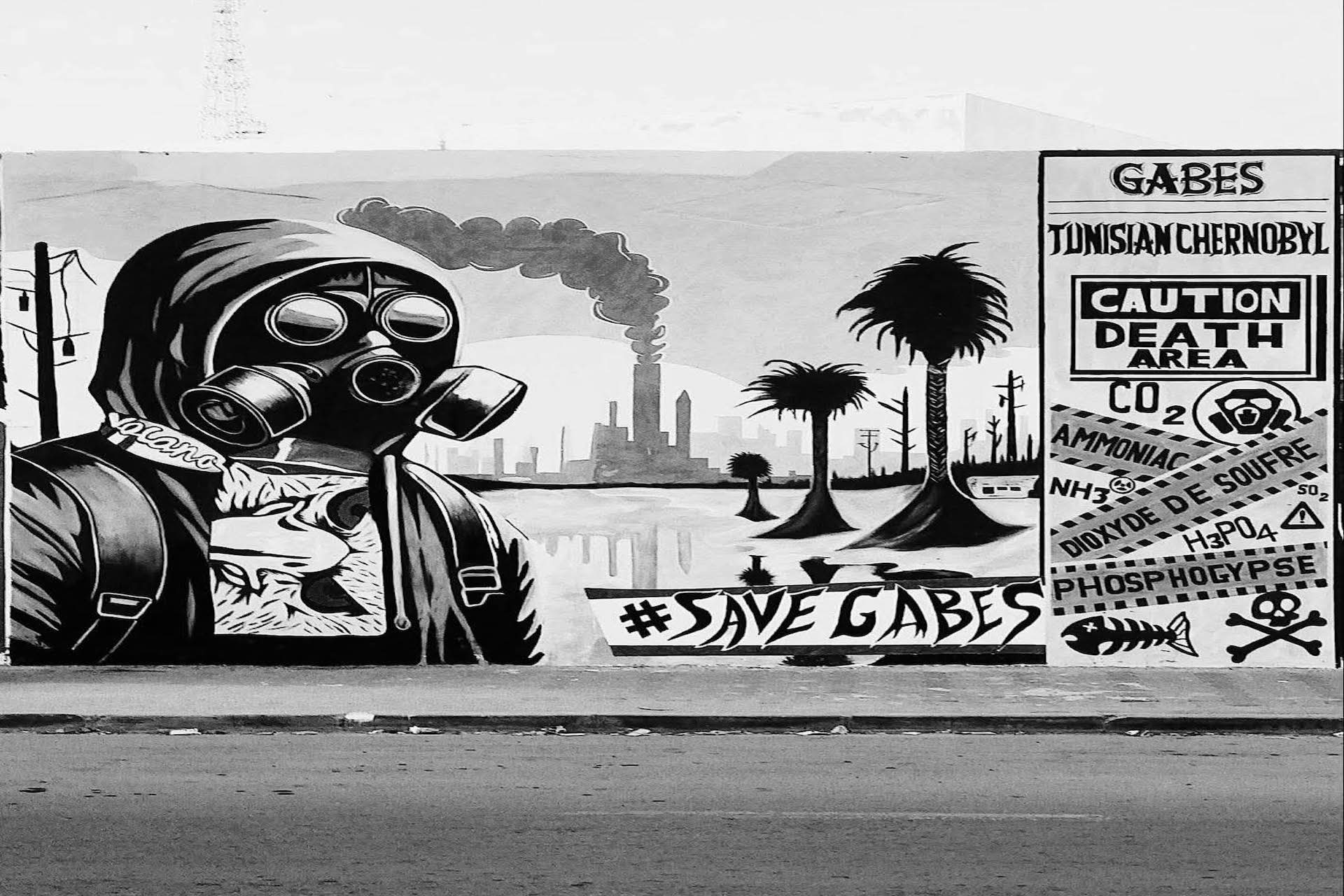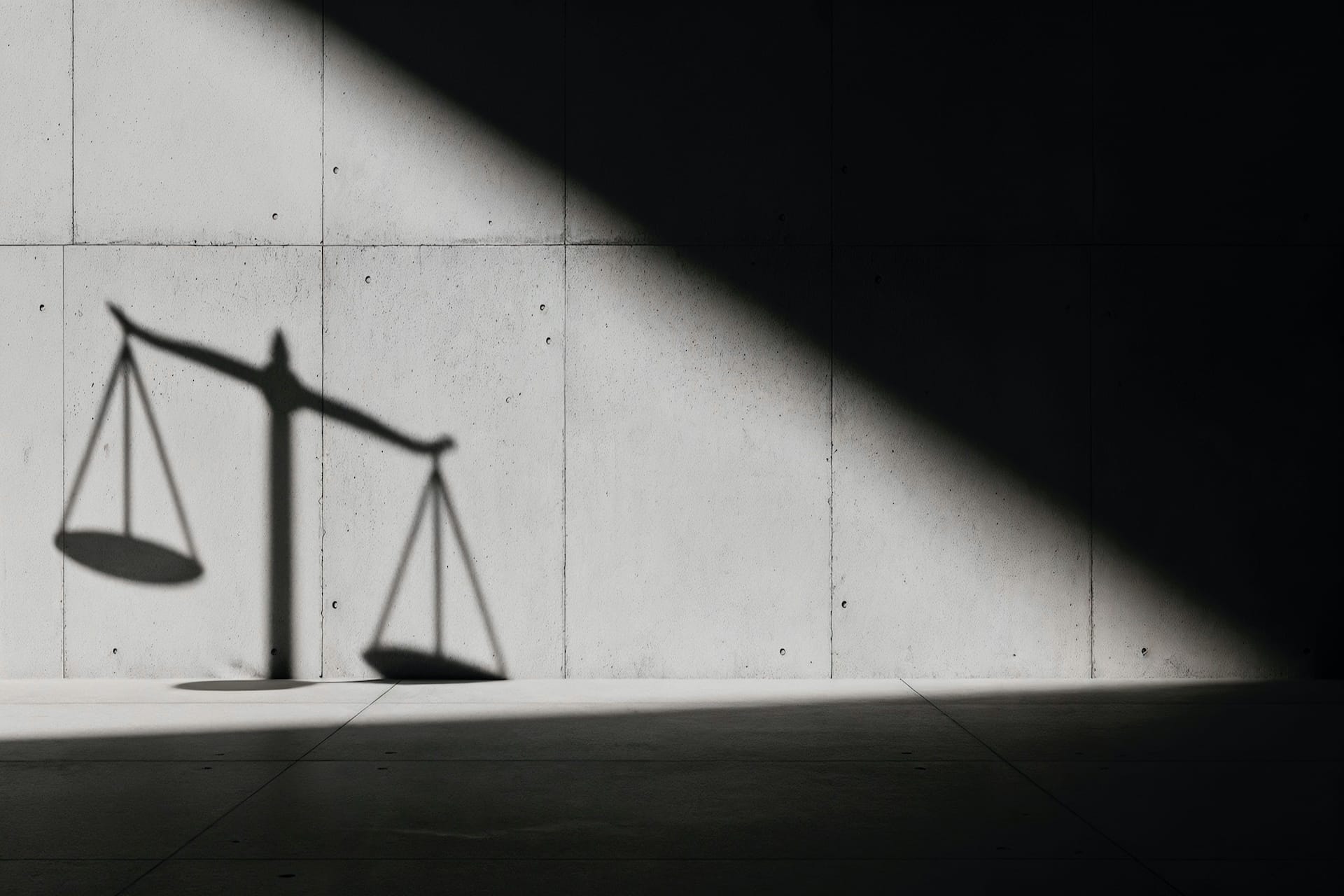Introduction: The Year TikTok Faces Its Reckoning in Tunisia
In 2025, the debate over TikTok in Tunisia has reached a breaking point. Once dismissed as harmless entertainment, the platform is now accused of spreading toxic content, undermining national symbols, and enabling financial fraud across borders. From the scandal of a Tunisian streamer tearing the national flag in Austria to online calls for a complete ban, TikTok Tunisia 2025 has become a battlefield of politics, economy, and identity.
The Scandals That Sparked Outrage
Tunisians were outraged when a popular TikToker living in Austria desecrated the national flag during a livestream, insulting President Kaïs Saïed in the process. For many, this was not just a personal act of disrespect but an attack on national dignity.
Under Law 54, insulting the president or desecrating state symbols can carry serious penalties. Critics argue the law has been used to silence journalists, but in this case public opinion and state authority aligned: the act was unacceptable.
At the same time, the scandal revealed a darker truth — these provocations are not accidents, but deliberate strategies to generate views, outrage, and ultimately money.
The Economics of Provocation: How Streamers Profit from Outrage
The formula is simple:
- Create provocation.
- Go viral.
- Cash in on gifts and sponsorships.
According to industry insiders, some Tunisian streamers abroad earn between €5,000 and €20,000 per month through TikTok’s monetization system. That’s up to €240,000 per year — more than 600 times the Tunisian average salary.
👉 Related reading: How TikTok Streamers Earn in Tunisia
But these massive earnings raise new questions: are they declared? Are they taxed? And if not, are influencers engaging in fraude fiscale that could attract the attention of European authorities?
Tax Fraud Allegations: Austria’s Legal Net Tightens
In Austria, where the controversial influencer resides, the rules are strict. Any resident staying more than 183 days per year must declare worldwide income. For high earners, tax rates climb to 55%.
Failure to declare can lead to:
- 10 years of back audits.
- Heavy fines and penalties.
- Even criminal charges for intentional fraud.
👉 See more in our investigation: TikTok & Money Laundering in Tunisia
This means that every coin, every gift, and every euro earned on TikTok is under legal scrutiny. What looks like easy money could, in fact, become a fiscal nightmare.
Public Sentiment: “Ban TikTok in Tunisia”
The debate isn’t only legal or financial — it’s cultural. On Reddit’s r/Tunisia, a viral thread titled “TikTok Should Be Banned Permanently in Tunisia” revealed deep public anger at the platform’s influence.
One user wrote:
“The app is a danger to our national security … the incredible amount of disinformation … young generations believe that stuff spread in TikTok … a dumber generation …” — Reddit user HoussemBenSalah96
Others echoed the sentiment, accusing TikTok of flooding Tunisia with repetitive, low-value content, fueling moral decline, and spreading misinformation without accountability.
👉 Related reading: Social Scandals on Tunisian TikTok
This grassroots anger is fueling political pressure, pushing the question: should Tunisia regulate TikTok — or ban it altogether?
The Political Dimension: Law 54 and Kaïs Saïed
President Kaïs Saïed has already positioned himself as a defender of Tunisian sovereignty. With Law 54, the state has powerful tools to prosecute online offenses. But critics argue that the law targets journalists and dissenters more than toxic streamers.
The flag scandal changes that equation. It gives the government an opportunity to act in line with public outrage. If Tunisian authorities coordinate with Austria — especially on tax fraud investigations — this could be the first case where online scandal becomes an international legal battle.
Why TikTok is Hard to Regulate
Even if Tunisia wanted to ban TikTok, challenges remain:
- Technical limits: bans can be bypassed with VPNs.
- Economic risks: many small Tunisian creators earn livelihoods from TikTok.
- Diplomatic barriers: TikTok is a global platform headquartered in China.
Yet, the pressure is growing. Countries like India have already banned TikTok. Western governments are debating restrictions. Tunisia may find itself forced to choose between protecting national dignity and embracing the digital economy.
The Broader Economic Impact: Tunisia and the Digital Black Market
TikTok is more than entertainment — it’s a financial system. Virtual gifts are converted into real money, often moving across borders with little oversight.
In Tunisia, this creates risks of:
- Tax evasion.
- Money laundering.
- Informal economies competing with the official economy.
👉 See our special report: TikTok Agencies in Tunisia: Risks & Opportunities
Without regulation, Tunisia risks losing millions in uncollected taxes while allowing its national identity to be shaped by foreign algorithms.
Conclusion: TikTok Tunisia 2025 at a Crossroads
In 2025, TikTok in Tunisia is no longer a simple app. It’s a political issue, an economic loophole, and a cultural battleground.
- Scandals like flag desecration have shaken national pride.
- Fraud allegations threaten to expose influencers abroad.
- Public anger is pushing for bans and stronger regulation.
The future of TikTok Tunisia will depend on whether the government chooses to regulate, ban, or ignore the problem. One thing is certain: the age of innocence is over.



